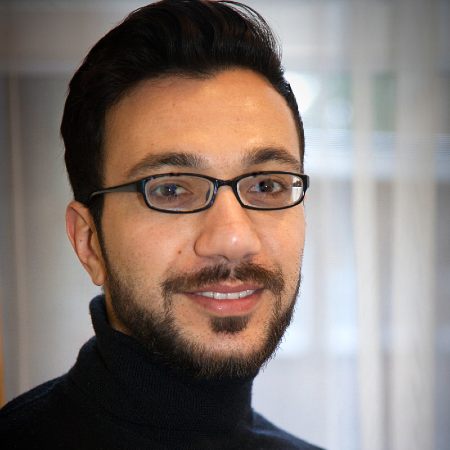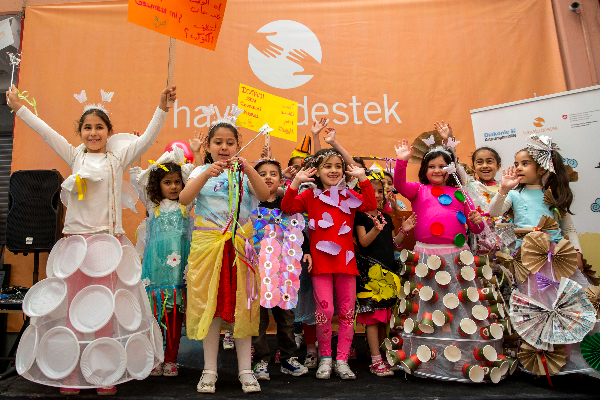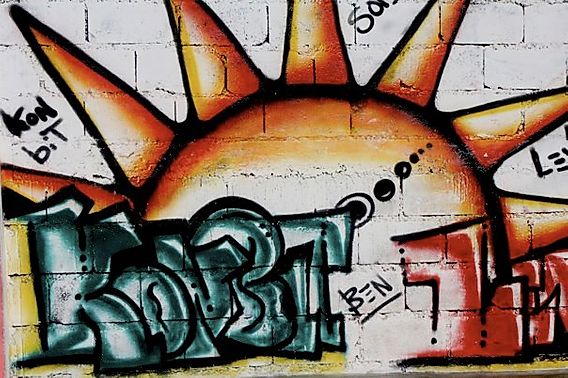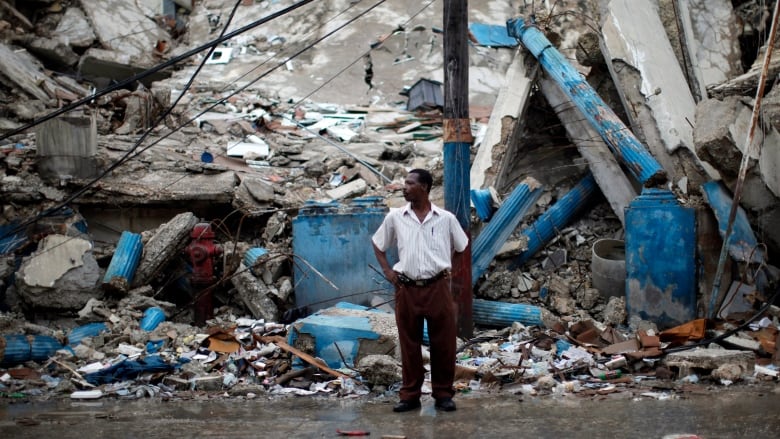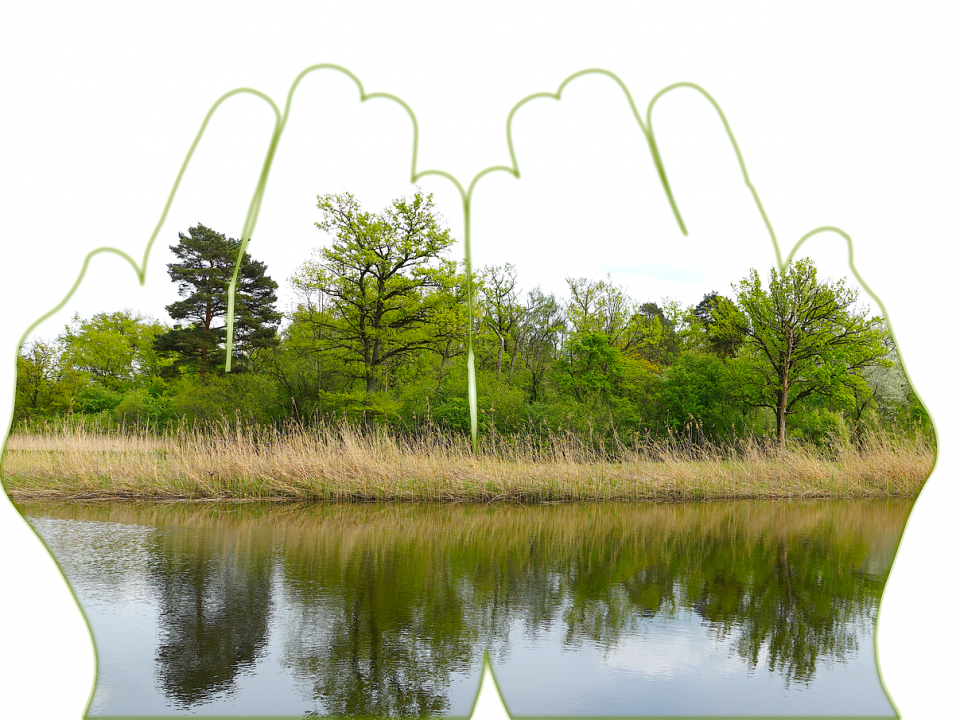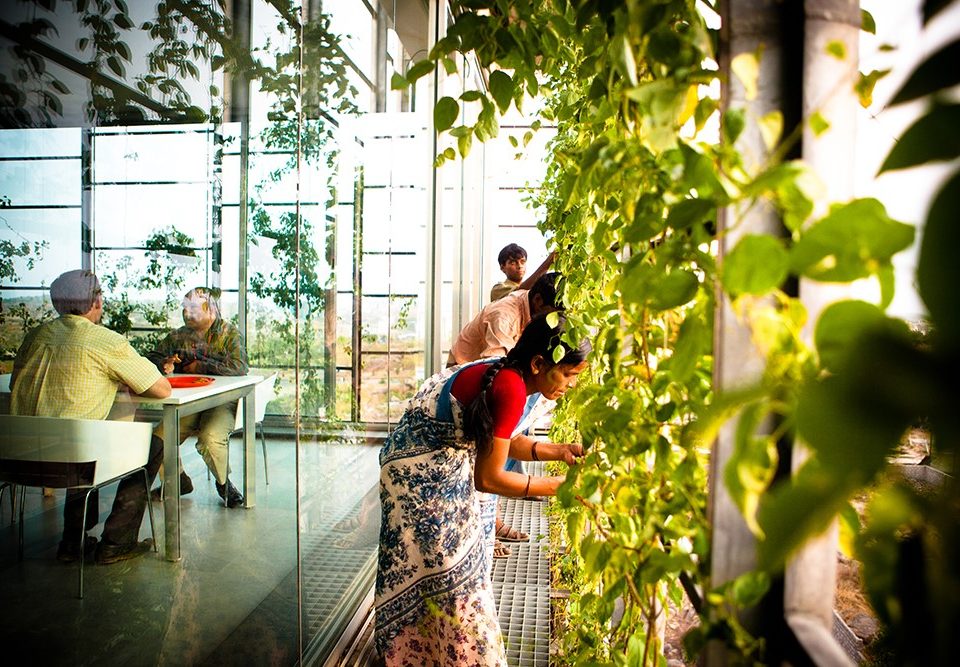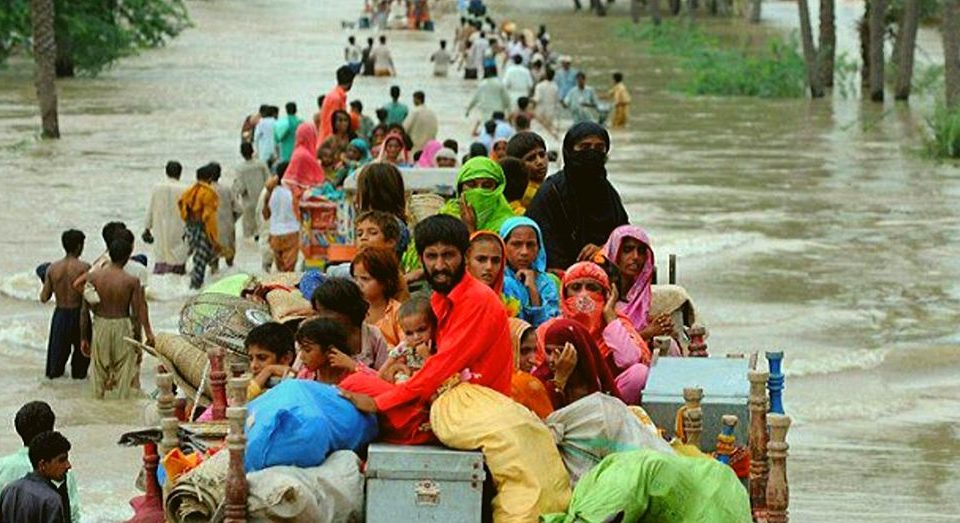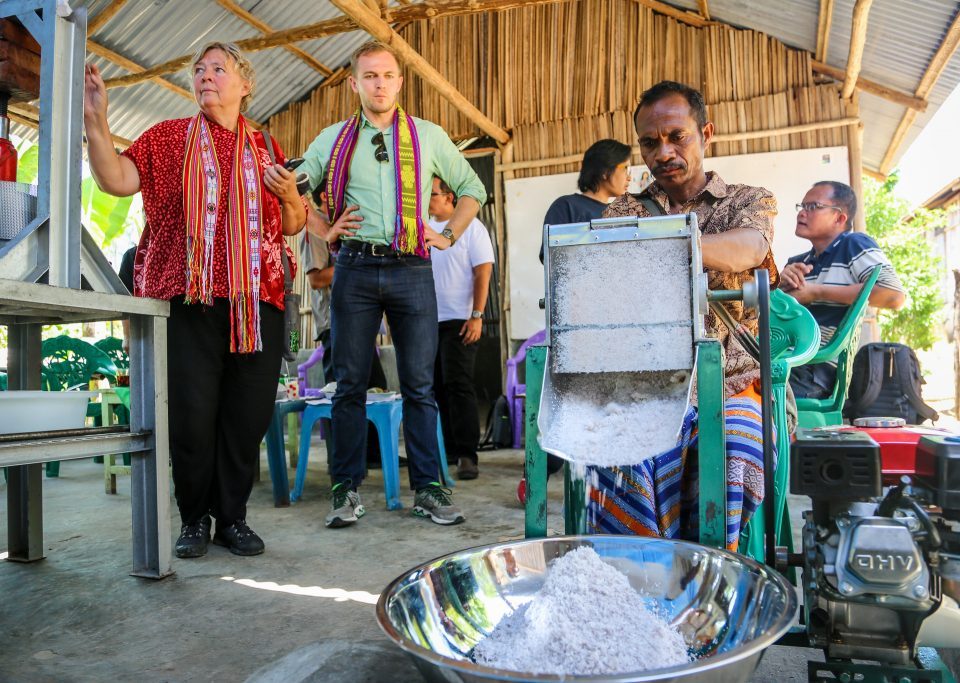- Filter by
- Categories
- Tags
- Authors
- Show all
- All
- academia
- accountability
- adaptation
- afghanistan
- aid
- aid effectiveness
- architecture
- Argentina
- asylum-seeker
- budget
- bureaucracy
- business
- capacity sharing
- child protection
- children's rights
- citizen engagement
- citizen participation
- citizen voice
- climate c
- climate change
- colombia
- community
- community development
- comparative development
- conflict
- cooperation
- COP21
- COP26
- corporations
- Covid-19
- data
- decision-making
- decolonisation
- Democratic Republic of Congo
- developing countries
- development
- development co-operation
- development effectiveness
- development finance
- dialogue
- disaster preparedness
- disaster response
- domestic resource mobilisation
- donors
- DRC
- economic empowerment
- emergency preparedness
- employment
- entrepreneurship
- equality
- espanol
- EU
- evaluation
- feedback loops
- feminism
- français
- gender
- gender equality
- gender-based violence
- global development
- gpedc
- grand bargain
- Haiti
- health
- homeless
- housing
- human rights
- humanitarian aid
- humanitarian effectiveness
- ICT4D
- inclusion
- indirect cost recovery
- inequality
- information
- INGOs
- innovation
- integration
- international cooperation
- international humanitarian law
- jobs
- Kenya
- knowledge
- language
- least
- least developed countries
- LGBTI
- local aid workers
- local development
- local NGOs
- localisation
- men
- mental health
- mexico
- migrants
- migration
- mining
- minorities
- mirps
- multinationals
- natural disasters
- negotiations
- NGOs
- Nigeria
- Northern
- ODA
- OECD
- ownership
- Pacific
- participation
- participatory methods
- partnerships
- peace
- perceptions
- perceptual data
- perspectives
- philanthropy
- Philippines
- policy
- policymaking
- politics
- poverty
- power
- protection
- racism
- RDC
- refugees
- representation
- Republique Democratique du Congo
- resilience
- responsiveness
- rights
- sexual abuse
- sexual harassment
- social accountability
- social justice
- solidarity
- South-South cooperation
- Southern
- southern voices
- statistics
- sustainable development
- sustainable tourism
- Syria
- Tanzania
- tax
- time
- transparency
- Uganda
- Ukraine
- UN
- united nations
- Vietnam
- water and sanitation
- women
- women's rights
- world food day
- world humanitarian summit
- youth
June 19, 2020
Published by Farida Tchaitchian Bena at June 19, 2020
Categories
20 June is World Refugee Day. This year, humanitarian and refugee agencies will mark it very differently due to the coronavirus pandemic, but for millions of refugees and other forcibly displaced people, little will change. For many of them, putting food on the table remains a bigger challenge than avoiding getting infected. I talk about these competing priorities and possible solutions with Reshad Jalali, Policy Officer at the Brussels-based European Council on Refugees and Exiles (ECRE).
May 6, 2020
Published by Farida Tchaitchian Bena at May 6, 2020
Categories
A few months ago I met a brilliant colleague, Sema Genel Karaosmanoğlu, at a global meeting on how to improve humanitarian action. Sema is the Executive Director and Board Member of Support to Life, a Turkish NGO. She also heads the largest global network of local aid organisations, NEAR. As the Covid-19 pandemic spreads to the global South, Sema shares her perspectives on humanitarian aid, how to improve it and what local organisations can contribute to address the challenge of our time.
April 7, 2020
Published by Farida Tchaitchian Bena at April 7, 2020
Categories
In my previous post, I discussed the international response to the 2010 Haiti earthquake with Sabina Carlson Robillard and her husband Louino ‘Robi’ Robillard. They both participated in relief efforts at the time. Today, they manage Konbit Solèy Leve, a community-led movement founded in the biggest Haiti slum, Cite Soleil, in 2011. In Part Two of our conversation, Sabina and Robi share the objectives of Konbit Solèy Leve and explain how this model of local solidarity can be used to address other similar challenges around the world. Truly an inspiration for finding creative ways to help each other at a time when the coronavirus pandemic is keeping people apart.
March 8, 2020
Published by Farida Tchaitchian Bena at March 8, 2020
Categories
This is the first part of a conversation with Sabina Carlson Robillard and her husband Louino ‘Robi’ Robillard. Sabina, a US national, and Robi, a Haiti-born, met in Haiti while contributing to the response to the 2010 earthquake. Today they support Konbit Solèy Leve, a community-led movement founded in the biggest Haiti slum, Cite Soleil, in 2011. In Part One of this conversation, Sabina, Robi and I discuss the international response to the 2010 earthquake from a local perspective.
February 3, 2020
Published by Farida Tchaitchian Bena at February 3, 2020
Categories
Para mi primer artículo en el 2020 quisiera comenzar la publicación de artículos en otros idiomas, además del inglés. Como mencioné antes, es tiempo de reflejar la diversidad de visiones sobre los problemas del desarrollo global en el idioma que usamos -algo que la traducción instantánea suele perder. Espero que la lectura del artículo a continuación en el idioma nativo de la entrevistada ayude a eliminar las barreras del lenguaje (y del poder) en nuestra conversación global. Muchas gracias a Roxana Goldstein por su traducción.
February 3, 2020
Published by Farida Tchaitchian Bena at February 3, 2020
Categories
For my first 2020 blog post I would like to start publishing articles in other languages in addition to English. As I have mentioned before, it is time to reflect the diversity of views on global development issues in the language we use – something that instant translations often miss. I hope reading the article below in the interviewee’s mother tongue will help eliminate language (and power) barriers to our global conversation. Many thanks to Roxana Goldstein for her translation.
December 23, 2019
Published by Farida Tchaitchian Bena at December 23, 2019
Categories
After the climate change conference in Madrid (COP 25) and before the end-of-the year holidays is a fitting time to think of those who are most vulnerable to the impact of climate change, particularly those without a place to live – the homeless. I discuss their challenges with Rajendra Kumar, the Director of the School of Architecture at Noida International University, just South-East of New Delhi, India. Rajendra, who is also a member of civil society platform CIVICUS, promotes sustainable architecture, both in his native India and around the world. Here he explains what role architecture can play in reducing the harshest effects of climate change on the homeless.
November 26, 2019
Published by Farida Tchaitchian Bena at November 26, 2019
Categories
This year marks the first review of the Sustainable Development Goals (SDGs) or Global Goals, the seventeen objectives universally agreed to advance human progress by 2030. I discuss this progress, particularly in the fight against climate change, with Maria Theresa (Tetet) Nera Lauron. Tetet is an Advisor at the Rosa Luxemburg Foundation office in Manila, Philippines. Prior to this role, she closely followed the climate change negotiations leading to the landmark Paris Agreement in 2015.
October 26, 2019
Published by Farida Tchaitchian Bena at October 26, 2019
Categories
Having worked on global development issues for over two decades, I should know who is an expert in my sector by now. I have many lists of experts on file and can’t help noticing a recurring trend: it’s usually people from a Northern/Western background, with endless degrees and credentials, most of them English-speaking. All of which begs the question: are these traits supposed to be the qualifications of the ultimate expert in my field? What if there’s a whole world of ‘expertise’ that we simply don’t consider?
August 28, 2019
Published by Farida Tchaitchian Bena at August 28, 2019
Categories
As I seek to amplify Southern voices, I have partnered with CIVICUS, the world’s largest civil society platform, to reach out to its members and invite them to share how they are contributing to positive change. Among the many enthusiastic responses I have received so far, here is the amazing story of Kenneth (Ken) Ssenkubuge, a young Ugandan entrepreneur who has co-founded the online platform Hire the Youth. Its mission is to facilitate access to job opportunities, scholarships and fellowships for people aged 15-30 years with little or no work experience. Hire the Youth also helps young people cope with some of the challenges of finding a job, including how to manage the risk of depression. Based in Kampala, Ken is now working to establish partnerships with interested companies and organisations all over Africa.

